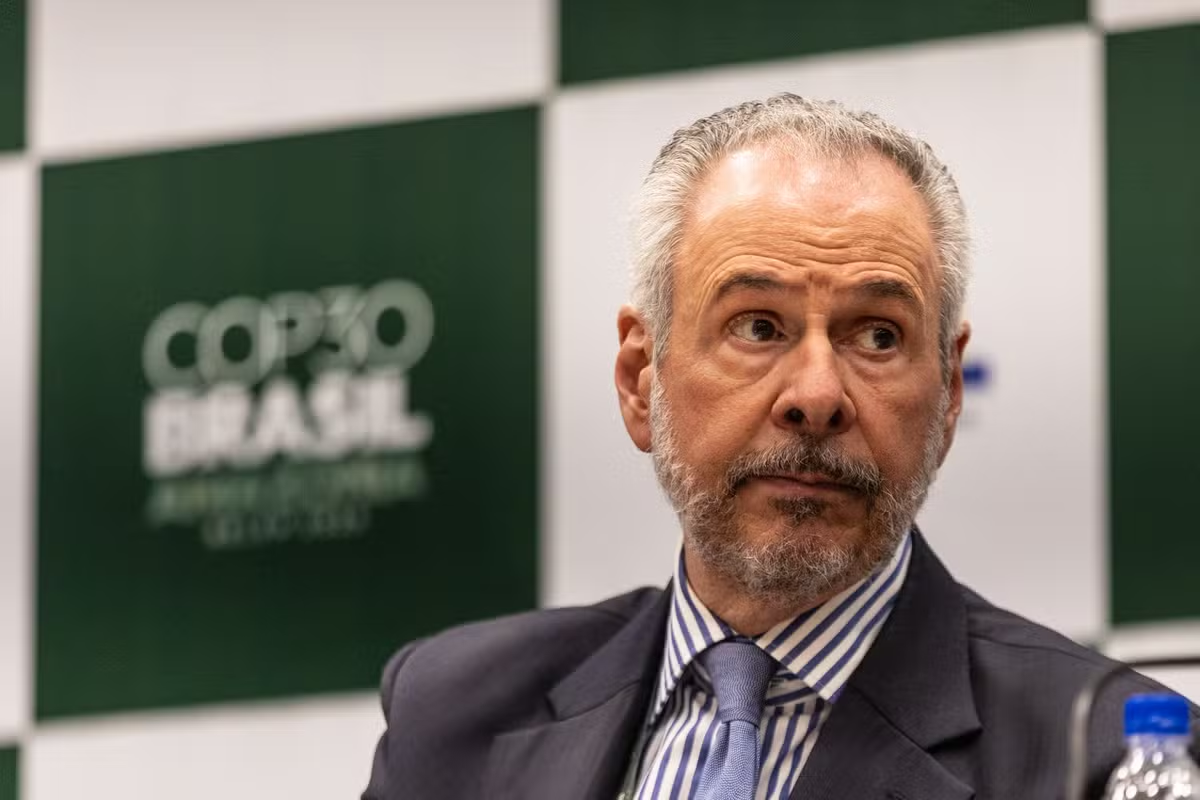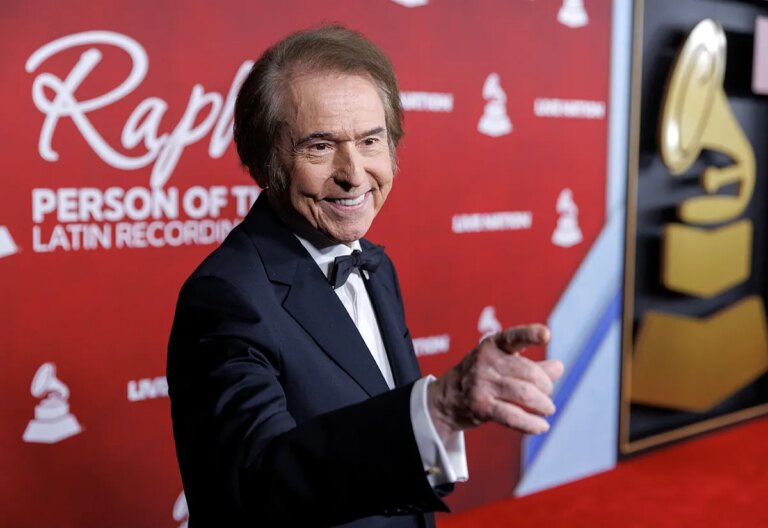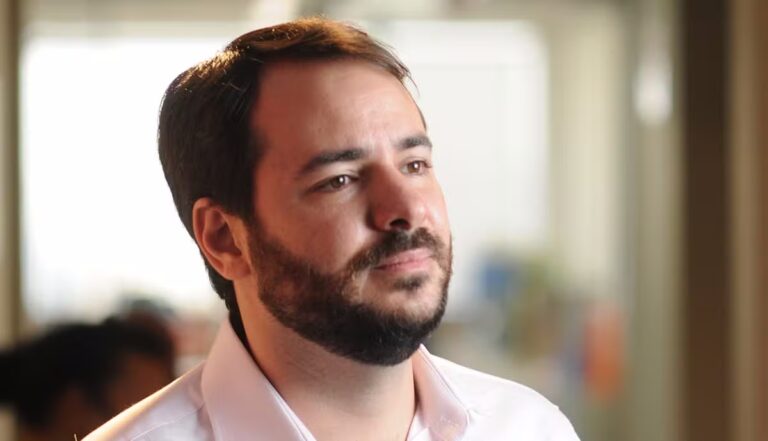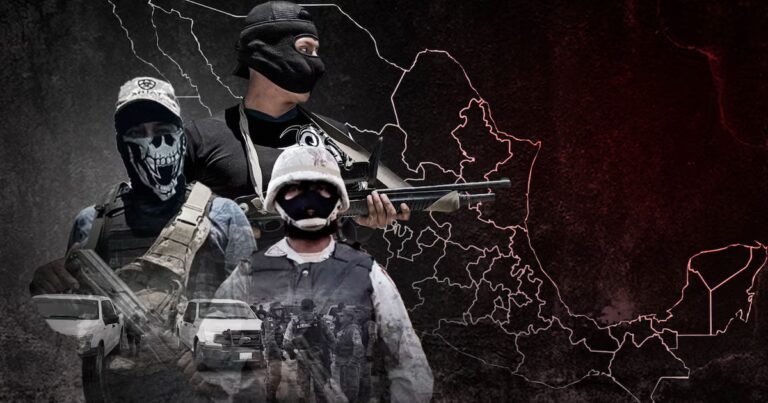
The impasse over four items left off the formal agenda of COP30 led to consultations between the Conference Presidency and participating countries’ delegations. Belém’s mood, one of “cautious optimism”, is the result of a privilege that guides the functioning of the debate and divides the negotiations into two groups.
- Impact: Invasion at COP30 ended with security personnel injured, but covered in international press
- COP30: Report says donations exclude marginal regions and ignore just transition
The formal agenda of COP30 refers to negotiations initiated by the United Nations Framework Commission on Climate Change (UNFCCC), which usually have to be decided by agreement in plenary session. This is something that is on the agenda in the Climate Change Convention, the Kyoto Protocol, or the Paris Agreement, in accordance with the UNFCCC’s oversight and transparency rules.
The agenda for action includes discussions that do not require agreement and can be met bilaterally. It will act as a series of voluntary initiatives involving countries, businesses, investors, cities, local authorities and civil society. The aim is to integrate actions into formal processes to accelerate emissions reductions, strengthen climate adaptation and accelerate the transition to a sustainable economy.
— An action plan is completely separate from a formal one. It’s not an event about tournament rules. This is for sectoral announcements and bilateral agreements. It is primarily led by each country’s president. The Brazilian tried to link the agenda of the action to what was being discussed in the formal negotiating room, explains Stella Hirschman, a climate policy expert at the Climate Observatory.
Hirschman assesses that the impasse over the four issues will not impede COP30 negotiations at this point.
— The COP Presidency’s solution on Monday to separate the four issues in informal consultations to lift the agenda remains in place. The talks are expected to be extended until Saturday as no solution has yet been found. While there is a spirit of suggestion, there are also important differences. We still need to wait a few days to understand whether this impasse will have negative consequences for COP30.
Nicole Oliveira, executive director of the NGO Alayala, understands that this impasse will have a significant impact on the expected outcome of the conference.
— The most important thing to address the climate crisis is ambitious and concrete planning in all countries and at all levels. Removing the gap between Nationally Determined Contributions (NDCs) and countries’ climate change targets from the agenda will remove the most important elephant from the room.
4 items ended without agreement
- Deficiency of NDC: The climate targets achieved in this round are insufficient to stop global warming by up to 1.5 degrees Celsius. Some countries would like to discuss solutions to this issue at this COP.
- Climate finance: Funding from rich countries to poor countries has only entered Baku Belen’s “roadmap,” a parallel negotiation track, but some want to add it to the formal agenda.
- Unilateral trade measures: Some countries want to use CO₂ emissions and deforestation to impose non-tariff trade barriers, while others are concerned about the impact this will have on exports.
- Transparency report: These are biannual documents on the implementation of mitigation and adaptation plans by countries. The COP30 Presidency did not elaborate on disagreements on this point.
Negotiations on the Global Adaptation Goals (GGA) are also facing an impasse at this stage of the conference. Two meetings were held on Tuesday, but ended without agreement on whether the adoption of the indicators would be finalized at this COP30. The group of African countries is pushing for an extension of the technical work for another two years.
A new meeting held on Wednesday also failed to set a direction to follow. The position of African countries, which have delayed discussions, has worried some countries and observers who fear weakening ambition and delays in developing more concrete adaptation goals.
— Acting to adapt means saving lives and resources. We must make the Global Adaptation Goals a priority and present indicators here at COP30 so that we can provide the tools as soon as possible to monitor countries’ adaptation progress. Delaying the decision for another year only shows that countries do not attach as much importance to adaptation as they say in their speeches, said Flavia Martinelli, a climate change expert at WWF-Brazil.



